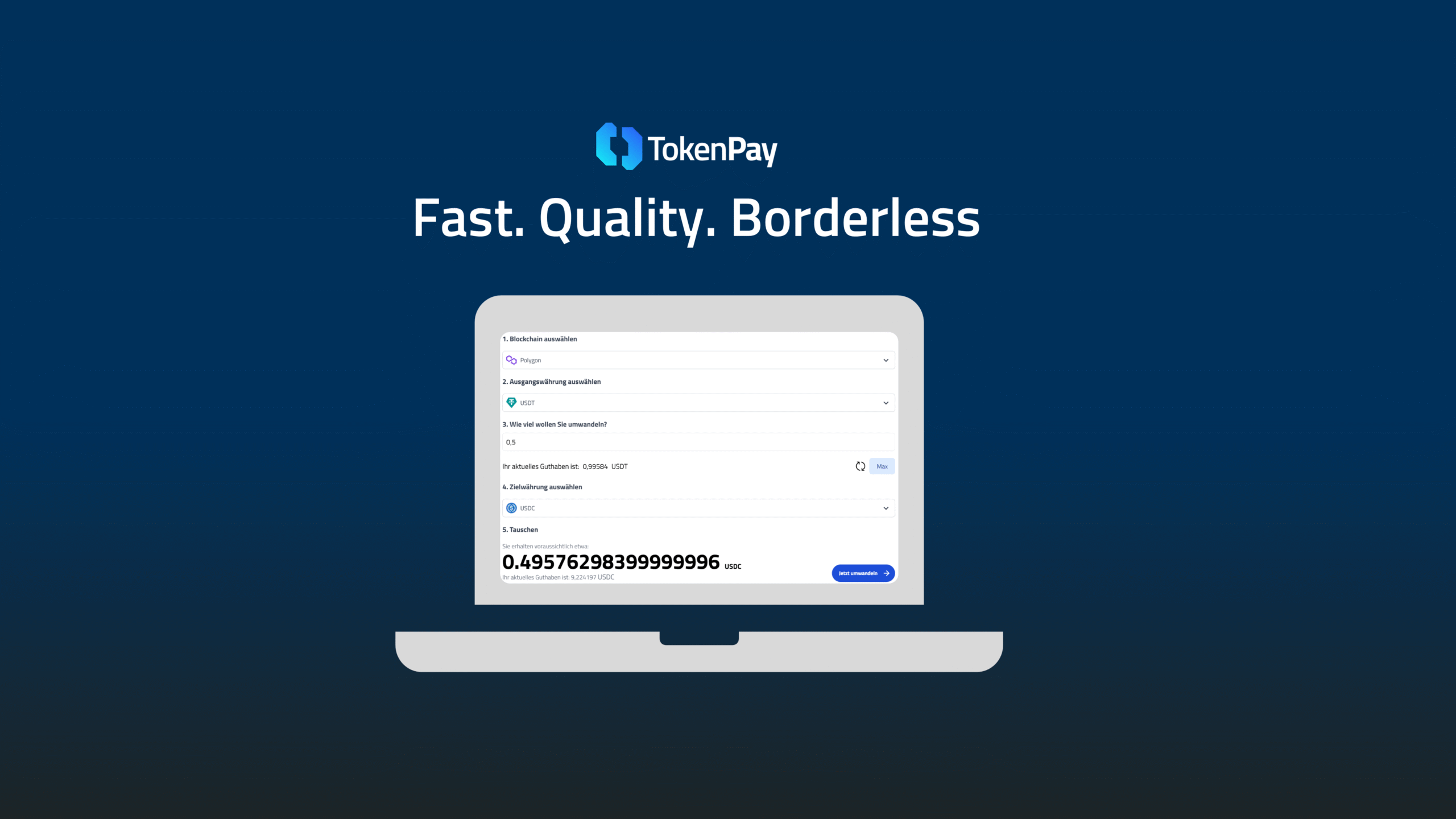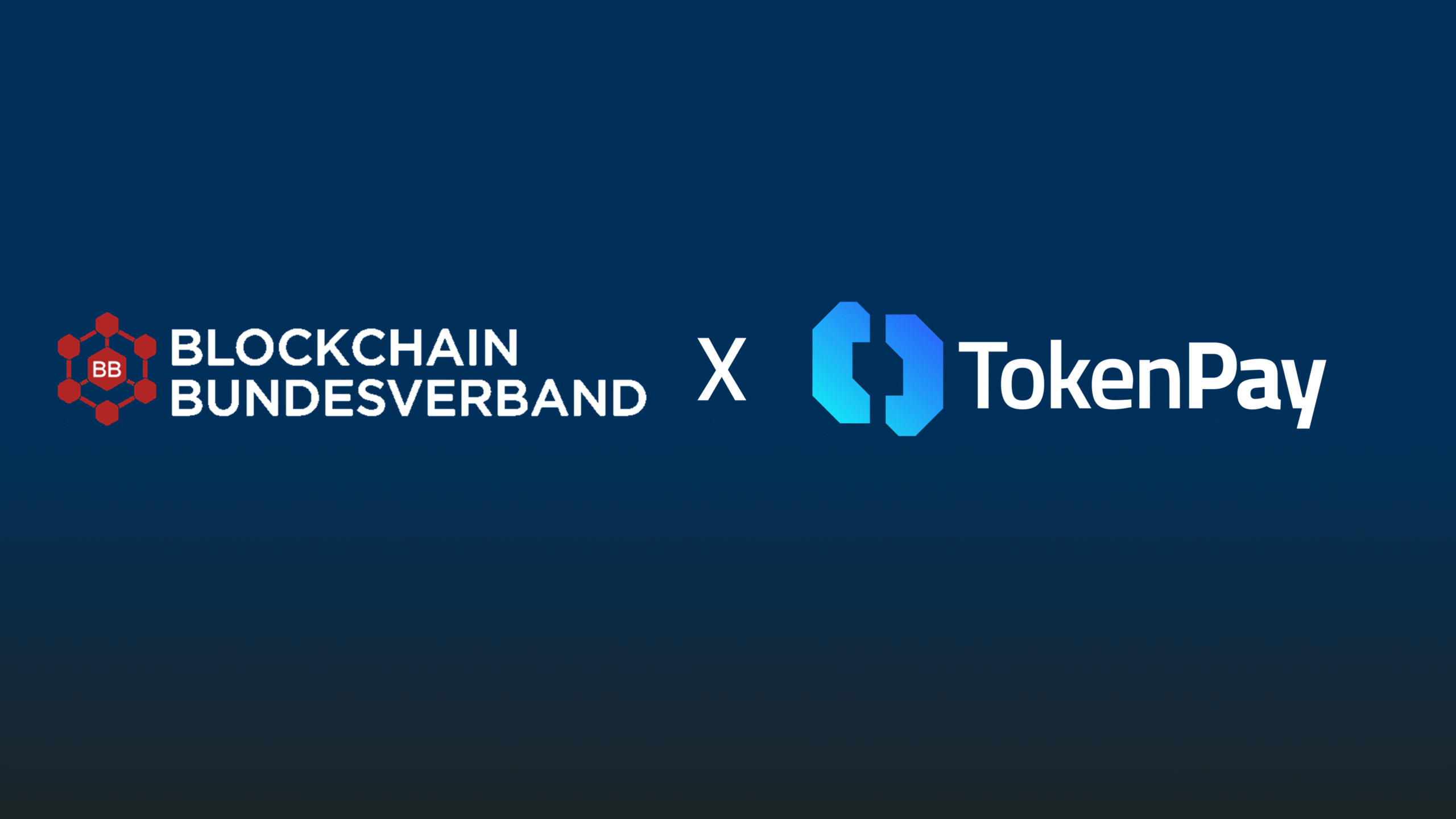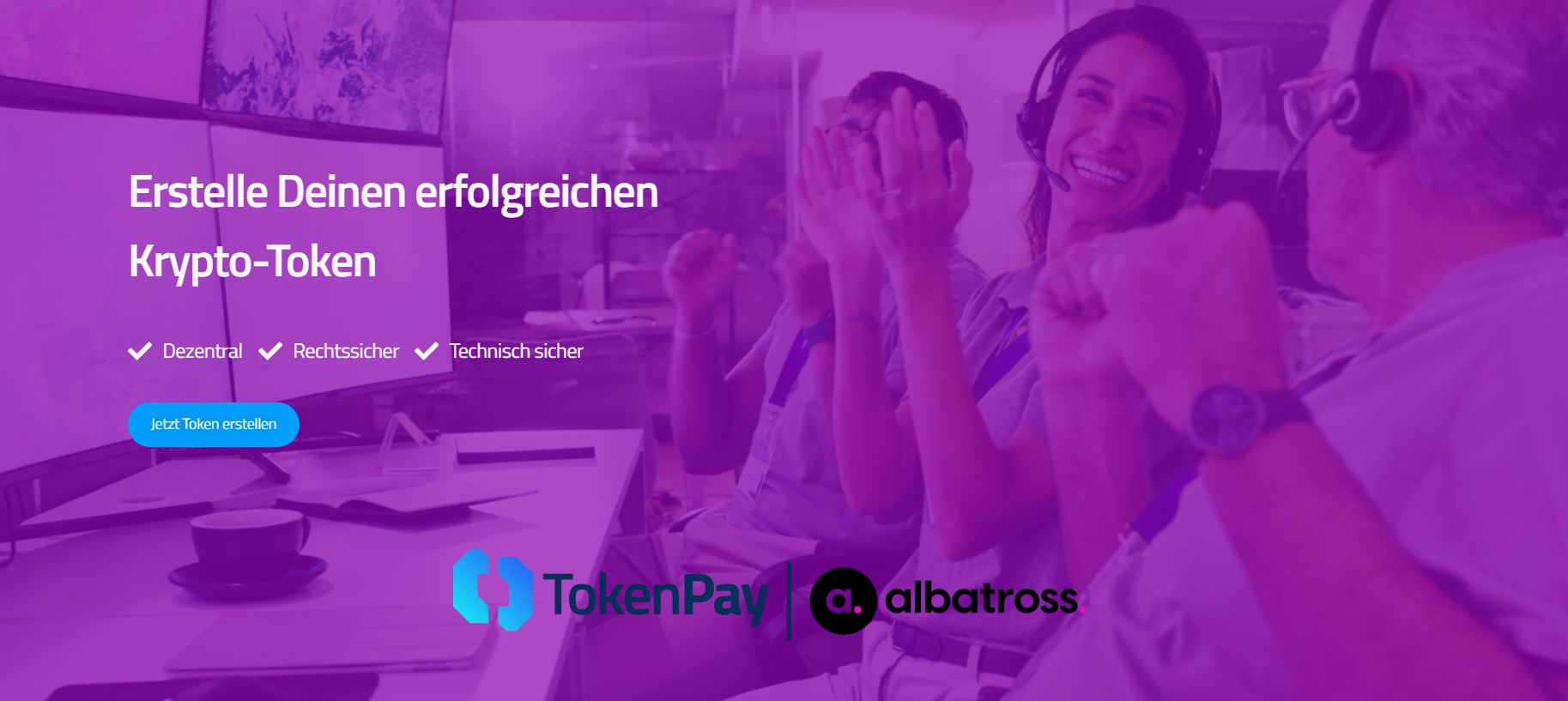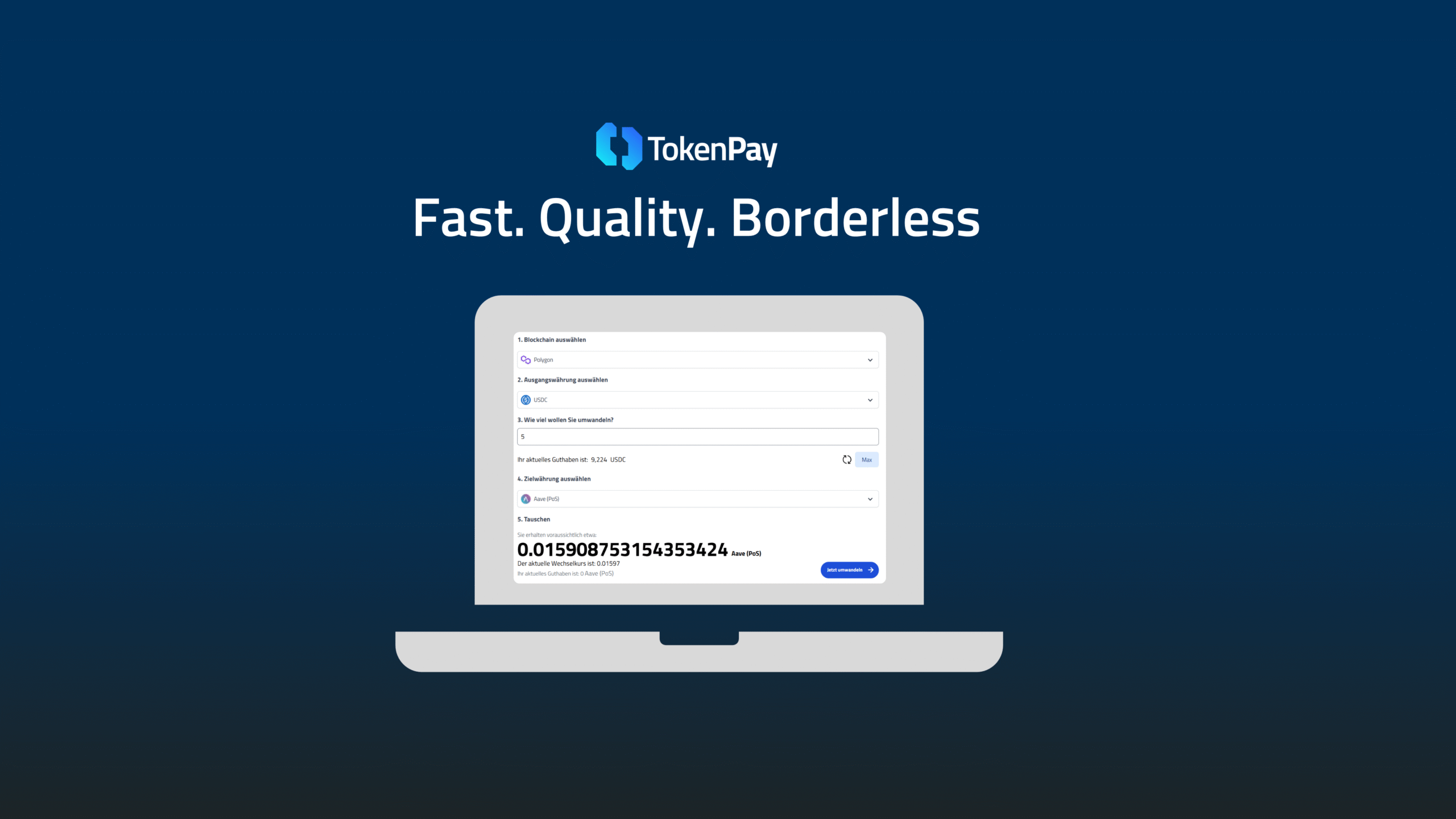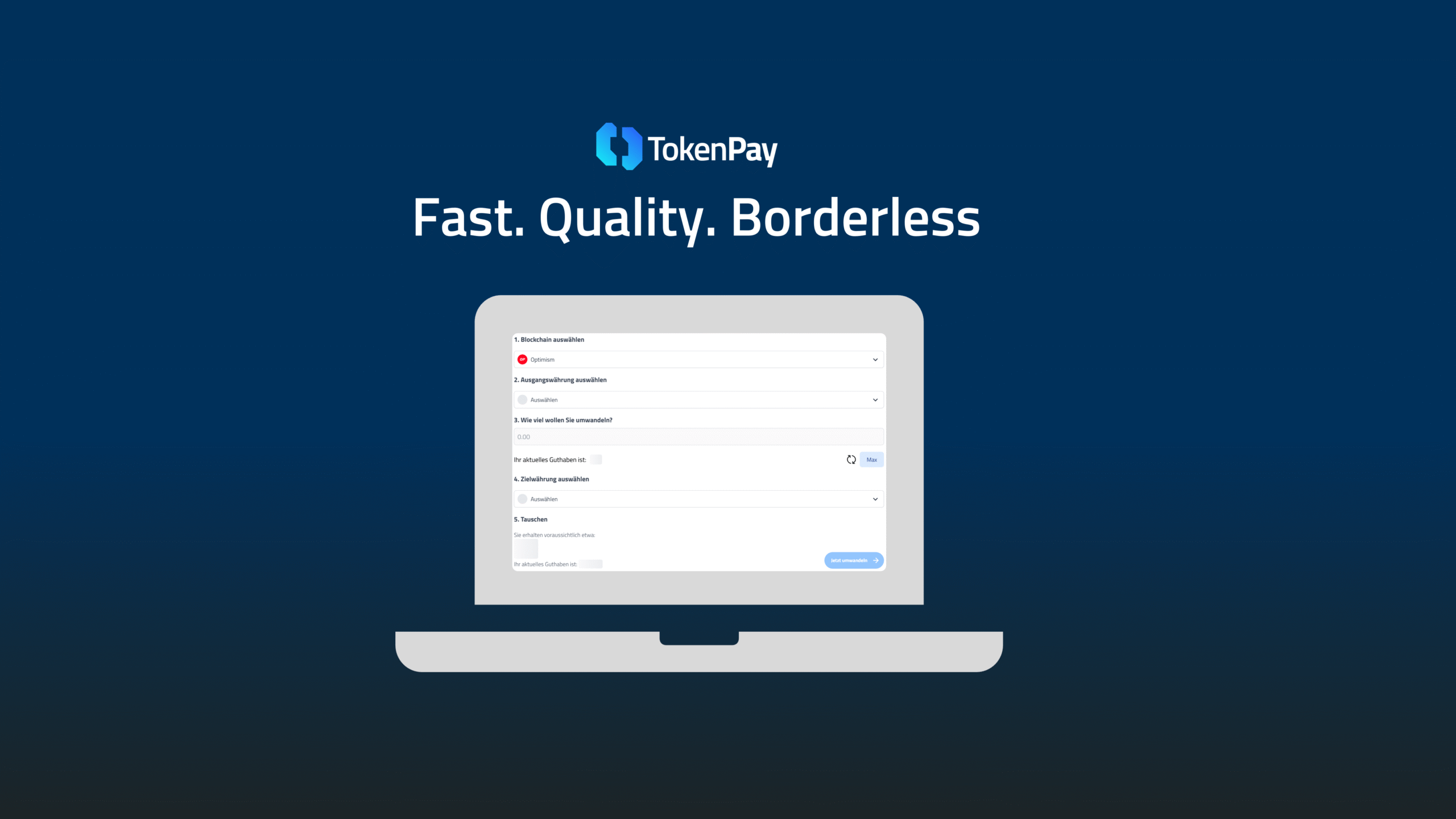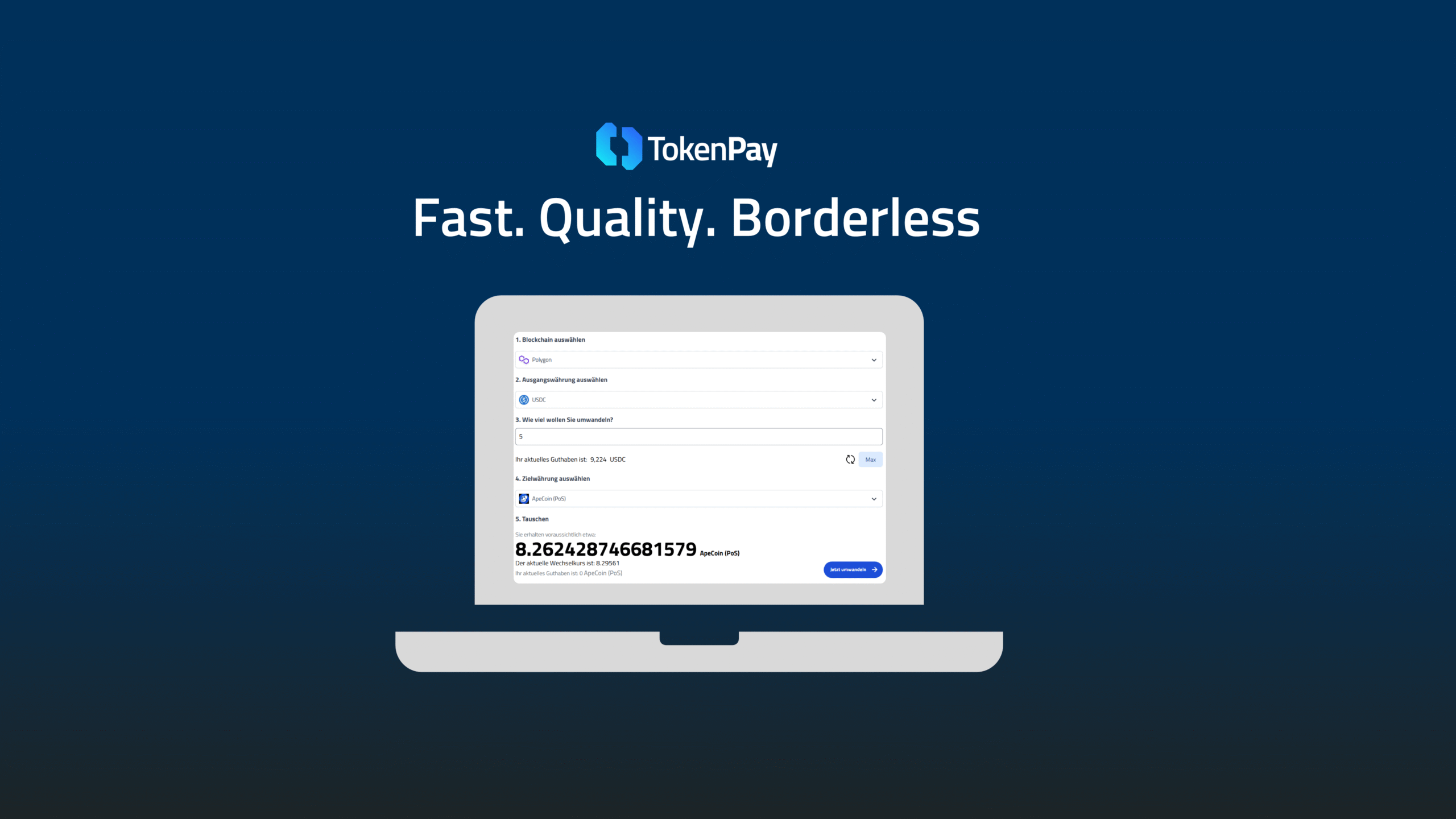Foundation: 2020
Lido is a staking protocol for Ethereum and other blockchains that simplifies access to staking solutions and lowers the hurdles for investors. In principle, staking means holding a certain amount of a cryptocurrency, i.e. not being able to sell it for a fixed period of time, and receiving a reward in return in the form of money or additional shares in the cryptocurrency.
In the Ethereum blockchain, staking also serves as a security mechanism for data integrity. In principle, a blockchain consists of a combination of many individual small to large servers, all of which have stored the same data packages (blocks = blockchain). The information of the respective moment is stored in the respective data blocks. This could be transactions or ownership, for example. When generating new data blocks, the integrity of the stored data must be ensured. To do this, blockchains with proof-of-stake, such as Ethereum, use validators that generate new data blocks and store the corresponding data in them. In return, they receive a corresponding fee.
So that not just anyone can become a validator or, for example, a large group of people can provide a large number of validators and thus take control of the blockchain, Ethereum has a minimum requirement of 32 ether, which must be staked, i.e. may not be sold. Incidentally, 32 ether currently equates to around €108,000.
Lido makes it possible to participate in staking like Ethereum via its token without having to become your own validator with €108,000 and still be able to benefit from the staking returns. Investors acquire the Lido token and can use it to participate in the staking of Ethereum, for example. Proof of staking is provided in the form of another token, which represents a share in Ethereum staking. A similar principle is already familiar from traditional financial systems in the form of a fund: bundled small investors buy shares in companies, real estate, etc. together. Lido's systems currently hold around 33 billion euros in customer funds.
Just as in the traditional world of finance, large funds also entail risks, particularly due to the centralization of funds and therefore influence. Especially in the context of blockchain and the associated decentralized ideas and structures, centralization of funds such as Lido's is difficult. To counteract this and meet the requirements of the blockchain world, Lido uses a so-called DAO to manage the funds. A DAO (decentralized autonomous organization) is an interesting structure in which the decision-making power over predefined options lies with all participants in the DAO. The DAO system combines the basic advantages of an anonymous / secret ballot with the principle from ancient Rome, the census ballot. In principle, nobody knows who is participating in the DAO, but the weighting of votes is based on the distribution of ownership shares in the respective currency. Although the use of a DAO does not eliminate the centralization of money, it does decentralize the associated influence. However, DAOs are viewed critically by financial supervisory authorities in particular, as all access and accountability is lost and an authority is largely powerless in the event of legal violations, fraud incidents or other issues.

